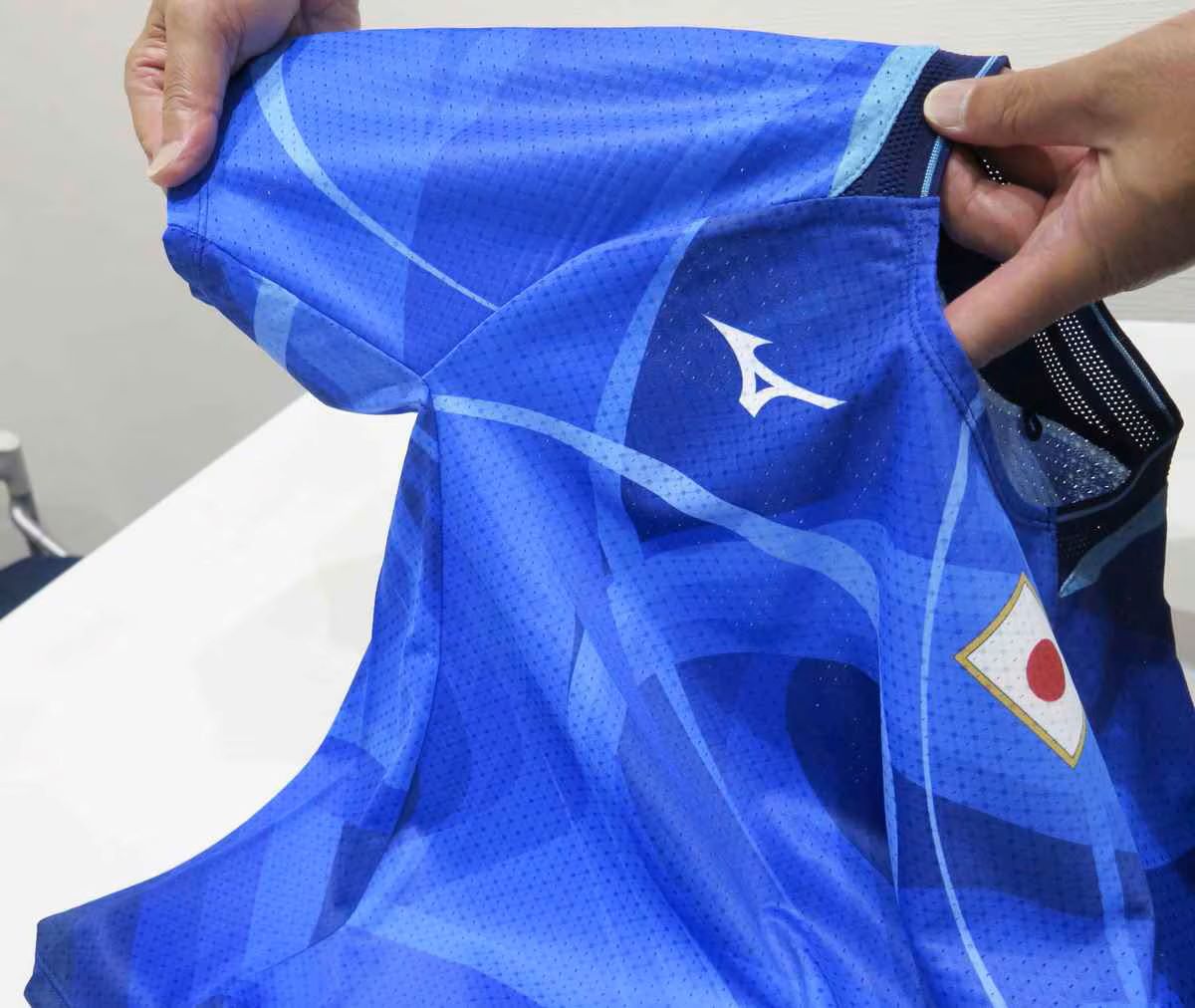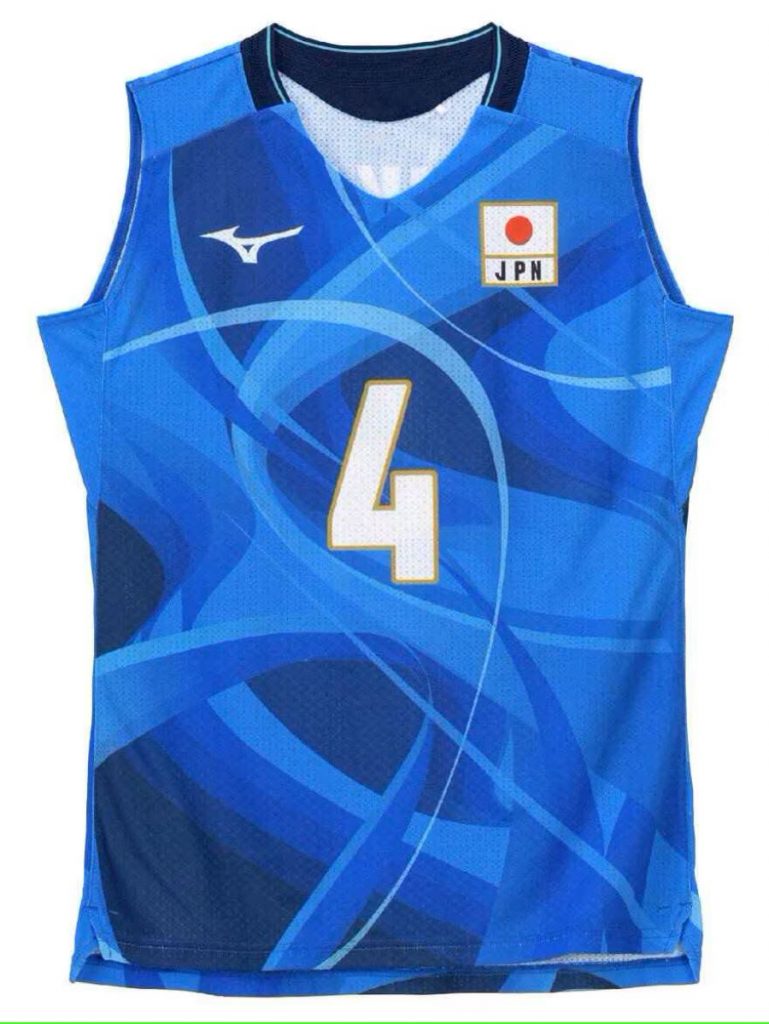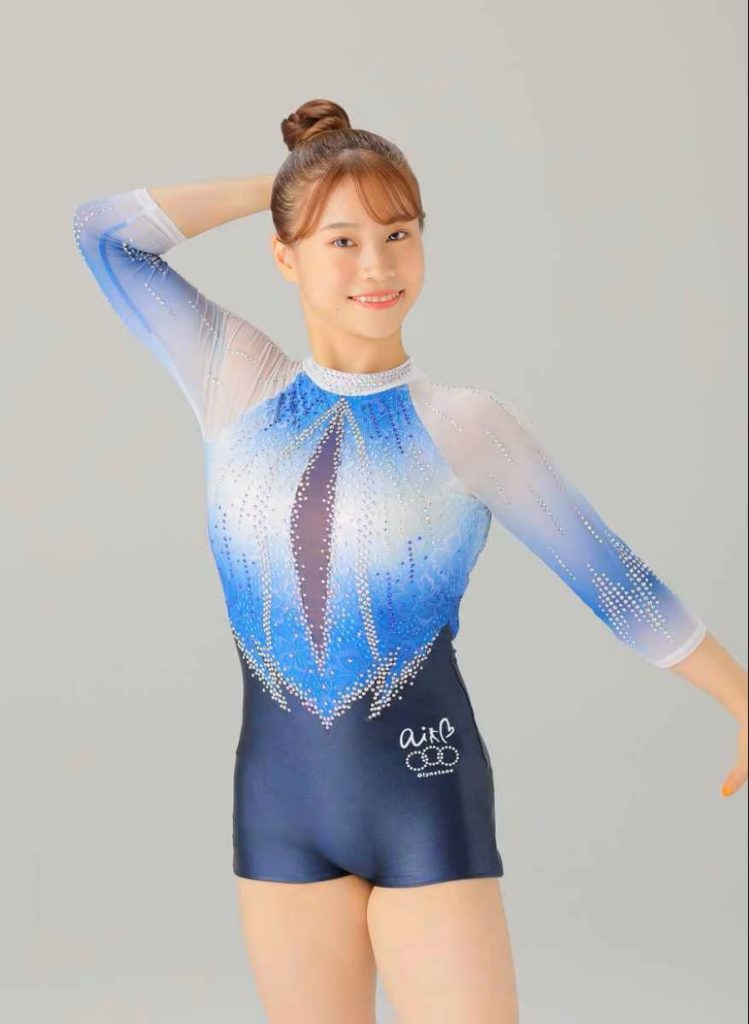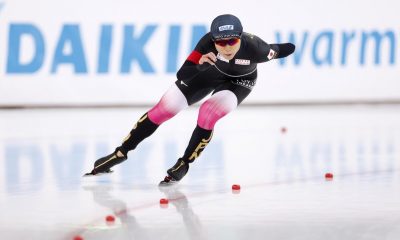
The Paris Olympics are set to commence on July 26. As the games approach, there is an increasing effort to combat the clandestine filming of Olympic athletes for sexual purposes. Mizuno has developed non-transparent uniforms designed to resist infrared cameras.
Closer to home, Fukuoka Prefecture is exploring methods to crack down on all levels of athlete voyeurism. This also includes categorizing it under local ordinances as sexual violence.
Athlete voyeurism in Japan drew heightened attention in August 2020 when athletes reported incidents to the Japan Association of Athletics Federations. Of particular concern is the malicious practice of using infrared cameras to see through uniforms and photograph underwear or the body.

Innovative Olympic Uniforms and Athlete Initiatives
In June 2024, Mizuno introduced innovative uniforms woven with fibers containing unique minerals to prevent infrared photography. Japan's Olympic athletes in sports such as volleyball, table tennis and archery will don these new uniforms at the upcoming Olympics.
The challenge has always been balancing ease of movement and breathability with the risk of transparency in athletic uniforms. These new materials absorb infrared rays to dry sweat with heat, achieving both protection from covert filming and enhanced ventilation.
Kazuya Tajima was proud to be involved in their development. He declares, "We've designed uniforms that bolster athletes' mental, physical and technical capabilities."
Some athletes have also taken it upon themselves to offer new choices with minimal skin exposure. Aiko Sugihara, who competed in the 2016 Rio de Janeiro and 2021 Tokyo Olympics, launched her own company in June 2023. Sugihara's company, Tryas, created a garment that covers the upper thighs with fabric known as the AiTard.
One of her motivations stemmed from her parents. They did not want their daughter wearing a leotard and wanted her to quit gymnastics. Reflecting on her own worries about visible underwear and menstrual products during training, Sugihara had an idea. "Rather than overlooking issues specific to women, I wanted to offer new choices," she explains.

Legal Hurdles
Progress is being made in developing uniforms that thwart surreptitious photography. However, significant challenges remain in preventing acts of attempting and distributing invasive images in ways that do not interfere with the photography of family and friends. This is especially complicated in the case of devising effective legal measures.
Kei Shoji, a director at the Inter-University Athletics Union of Japan (IUAUJ), remarked, "During events, student staff conduct patrols. Unfortunately, differentiating between athletics enthusiasts and voyeurist photographers is quite difficult."
The IUAUJ has been actively addressing the issue since around 2006. This was after discovering DVDs containing such footage of students were being sold. They have taken steps to require registration of equipment like single-lens cameras and limit filming locations to discourage voyeuristic activities.
In amateur sports, limited budgets mean elaborate measures like hiring security companies are often impractical. That leaves athletes vulnerable. Phone camera capabilities are also constantly advancing, and some models are now capable of long-range shooting with telephoto lenses. Shoji remarked, "It's become a constant battle to stay ahead with countermeasures."
Progress and Remaining Challenges
Meanwhile, there is a newly introduced "photography offense" under the 2023 revision of sex crime laws. However, it excludes photography taken over clothing. This poses challenges in addressing athlete voyeurism. There have been instances where individuals were arrested for violating prefectural nuisance prevention ordinances, particularly for persistently photographing the lower body. Enforcement, however, has proved challenging.
In March 2024, the Fukuoka Prefectural Assembly approved a revision to an ordinance aimed at eradicating sexual violence. The amendment defines sexual violence as including the act of photographing someone's appearance without consent, with sexual intent regardless of attire. Although no penalties are specified, it is expected to significantly promote awareness.
Professor Osamu Takamine from Meiji University is an expert on sports and gender issues. "Since the Tokyo Olympics, there has been a strong movement to protect athletes," he said, commenting on the subject. "It's crucial to cultivate a societal mindset that does not tolerate this exploitative photography."
RELATED:
- Mizuno Unveils New Competitive Swimwear, Set to Make Its Debut at Asian Games
- Man Arrested for Upskirting at Kiyomizu Temple With Hidden Camera
Read the article in Japanese.
Author: Hiroto Kuwajima, The Sankei Shimbun

Nagoya Basho Tournament Records
| Day | Opponent | Result |
|---|


















You must be logged in to post a comment Login